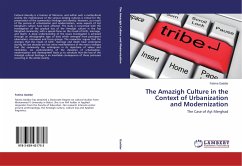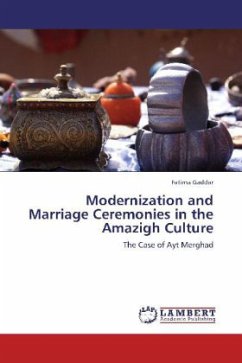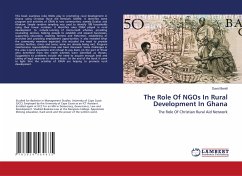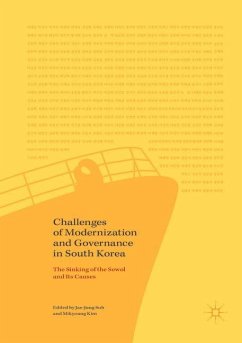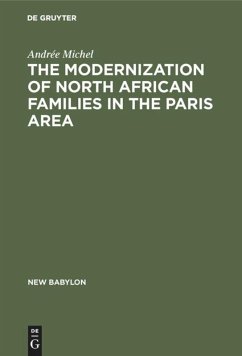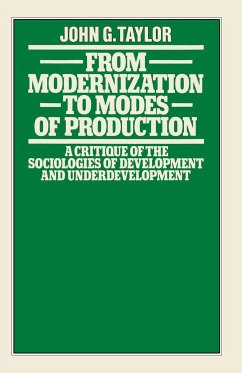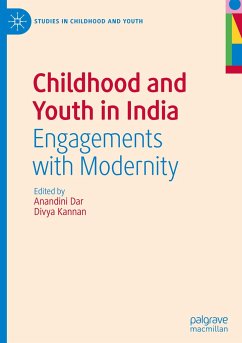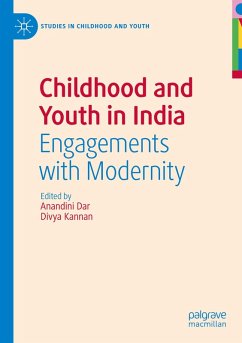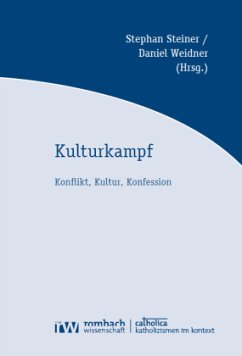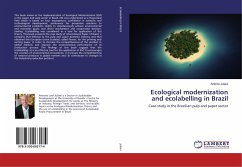
Ecological modernization and ecolabelling in Brazil
Case study in the Brazilian pulp and paper sector
Versandkostenfrei!
Versandfertig in 6-10 Tagen
33,99 €
inkl. MwSt.

PAYBACK Punkte
17 °P sammeln!
This book aimed at the implementation of Ecological Modernization (EM) in the paper and pulp sector in Brazil. EM was understood as a theoretical field which is based on four assumptions: confidence in scientific and technological development; preference for preventive solutions to environmental problems; ability to simultaneously achieve environmental and economic goals; and direct involvement and cooperative decision-making. Ecolabelling was considered as a tool for application of this theory. This book presents the case study of International Paper of Brazil, a company that belongs to the p...
This book aimed at the implementation of Ecological Modernization (EM) in the paper and pulp sector in Brazil. EM was understood as a theoretical field which is based on four assumptions: confidence in scientific and technological development; preference for preventive solutions to environmental problems; ability to simultaneously achieve environmental and economic goals; and direct involvement and cooperative decision-making. Ecolabelling was considered as a tool for application of this theory. This book presents the case study of International Paper of Brazil, a company that belongs to the pulp and paper domestic industry and that obtained the European Union Ecolabel, called Flower, for the printing and writing paper, in order to increase the competitiveness of the product in global markets and improve the environmental performance of its production process. The findings of this book suggest that the ecolabelling: a) is an effective tool for the application of EM; b) encouragesthe creation of environmental innovations; c) increases the competitiveness of national products in global markets and; d) contributes to changes in the industrial production patterns.



